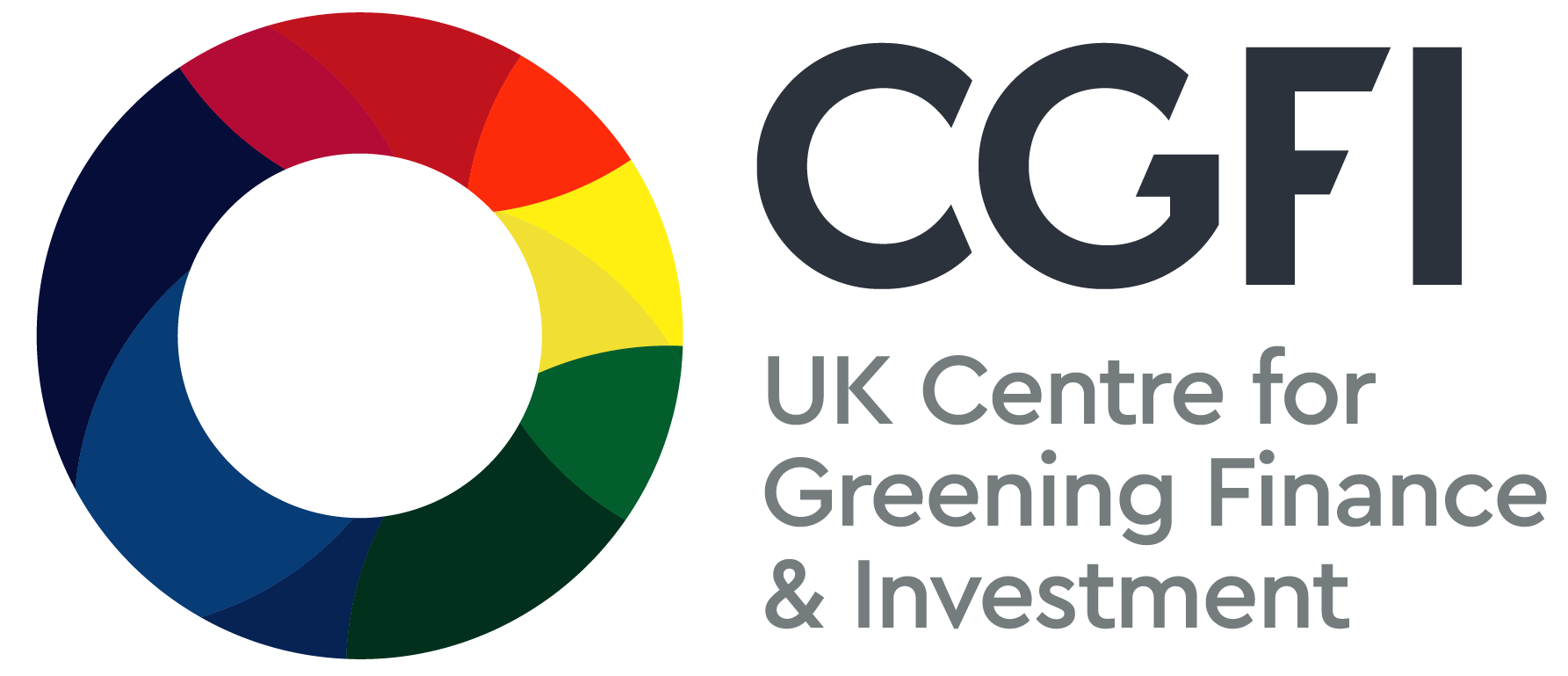Sectoral Data Quality and Integrity Project

Our Sectoral Data Quality and Integrity project (SDQI), co-hosted with Oxford Sustainable Finance Group, analyses and provides sector-specific insight into the quality of greenhouse gas (GHG) emission data for use by financial institutions.
There is a major shift underway in climate and sustainability data. Voluntary disclosure frameworks are consolidating, regulators are increasingly moving toward compulsory reporting, and new technologies are enabling private sector and open source data providers to bring new datasets to the market.
GHG emissions data available to financial institutions is often derived from companies’ self-disclosed information. The quality of reported data, even when it is verified, varies widely by sector. This is due to a mix of issues, including but not limited to firm-level application of GHG accounting rules (which can allow for varying approaches), underlying emissions measurement, and the completeness of datasets. Company reported information is not the only source of GHG data, emissions can be estimated using top-down and bottom-up proxies.
There are trade-offs to using proxies to calculate emissions. Top-down proxies, for example, depend on generalized assumptions (e.g., by geography, sector, peer group, etc) that incompletely capture emissions performance improvements in individual companies. Such constraints can limit the effectiveness of datasets for specific financial institution use cases.
The Sectoral Data Quality and Integrity (SDQI) Project
The SDQI was established in 2022 with the support of the Wells Fargo Foundation to analyse and provide sector-specific insight into the quality of these datasets. SDQI will conduct empirical research comparing the quality of different available sectoral company and asset-level datasets.
Building on universal (i.e., non-sectoral) data quality frameworks, the project aims to develop practical sector-specific guidance and frameworks suitable for financial institutions to evaluate, apply, and communicate data quality. SDQI will tailor its inquiry to specific data use cases (including but not limited to: net zero target setting, financed emissions calculations, and risk management) and will aim to support the evolution and alignment of reporting and analytical frameworks.





